Paul's consultancy
Botanical Investigations
Paul Smith established Botanical Investigations on 1st June 2007 as an independent, specialist consultancy .
He is a graduate botanist (BSc, PhD), with over 30 years' experience as an ecological consultant, writer and lecturer. Paul is also a Senior Associate Teacher with the University of Bristol, involved in training undergraduate and postgraduate students in ecology in the UK and overseas. He speaks English and Spanish.
Paul
provides scientific advice on issues relating to plants and their
ecology including flowering plants, ferns, bryophytes (mosses and
liverworts), lichens, fungi and charophytes (stoneworts). He has
been licensed by Natural England to sample river jelly lichen
(Collema dichotomum), a Wildlife and Countryside Act
(1981) Schedule 8 species, and Killarney fern (Vandenboschia
speciosa), a European protected plant species.
Paul's
consultancy has a scientific and educational ethic and he seeks to
provide his clients with objective guidance on issues relating to
development, land management and conservation in a time of global
environmental change. He publishes aspects of his work either
alone or with collaborators. A list publications is provided on
this web site, including his book: Indicator
Plants: Using Plants to Evaluate the
Environment.
Images anticlockwise from top: Echium wildpretii, Targionia hypophylla, Toninia toepferi, Lobaria virens
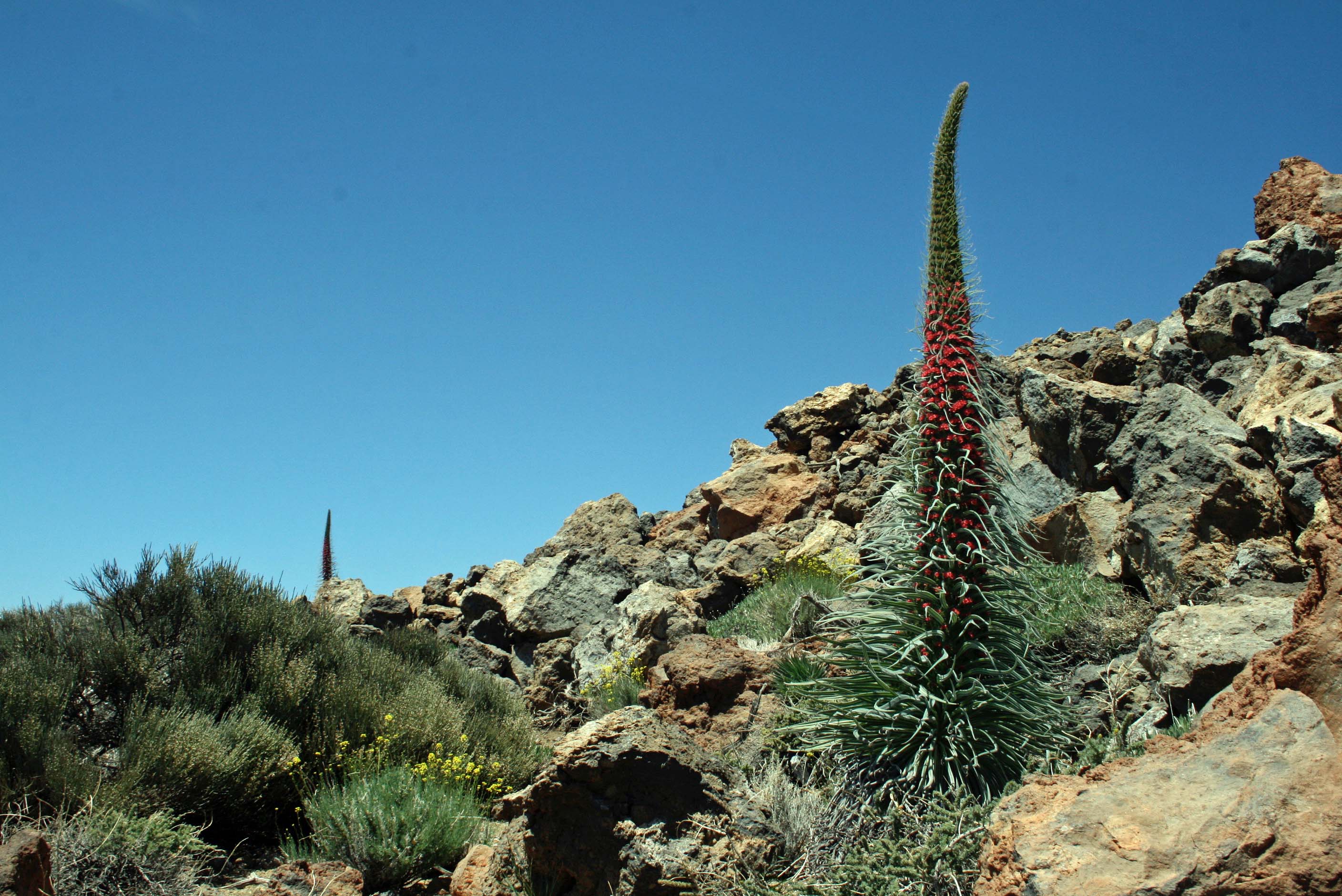
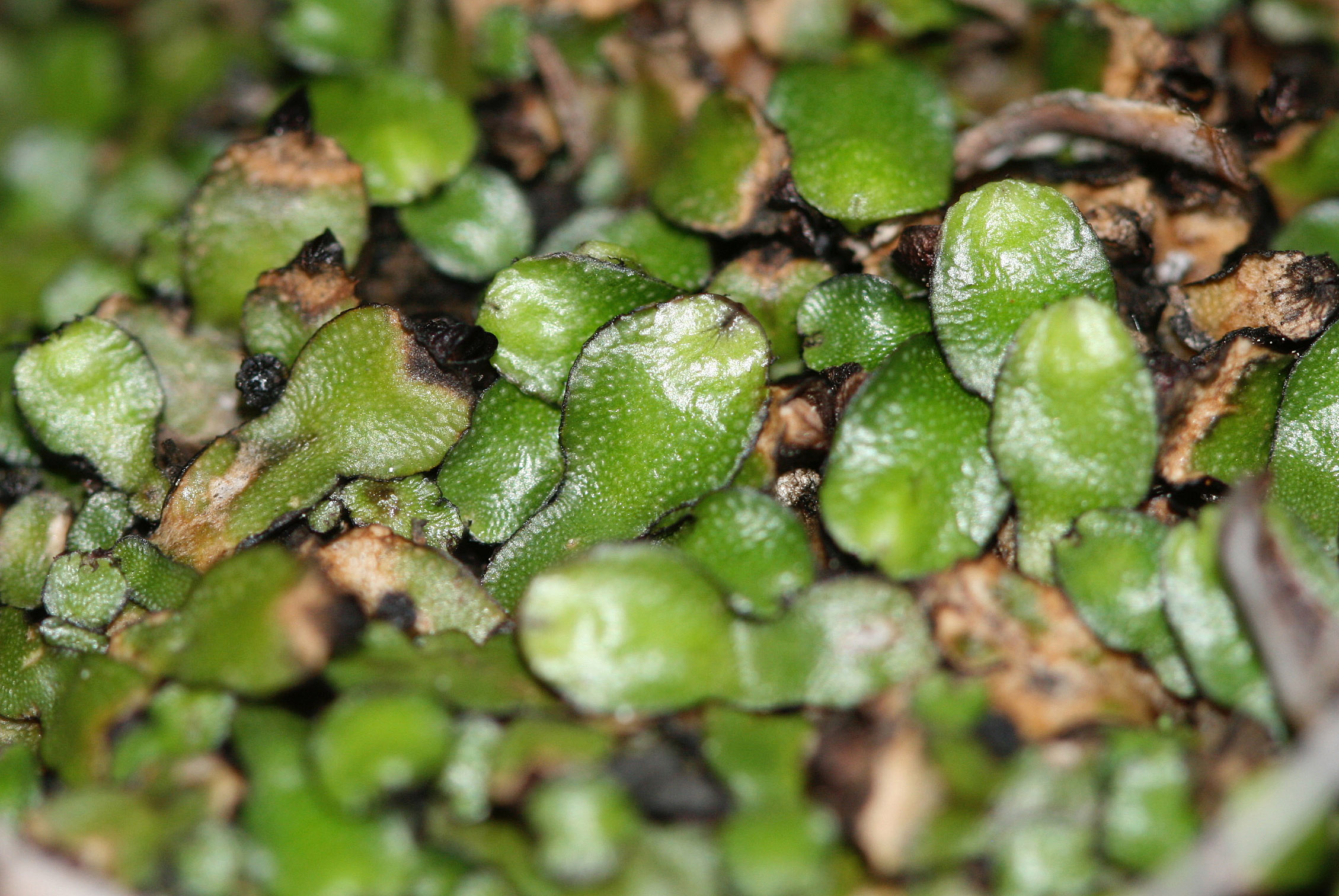
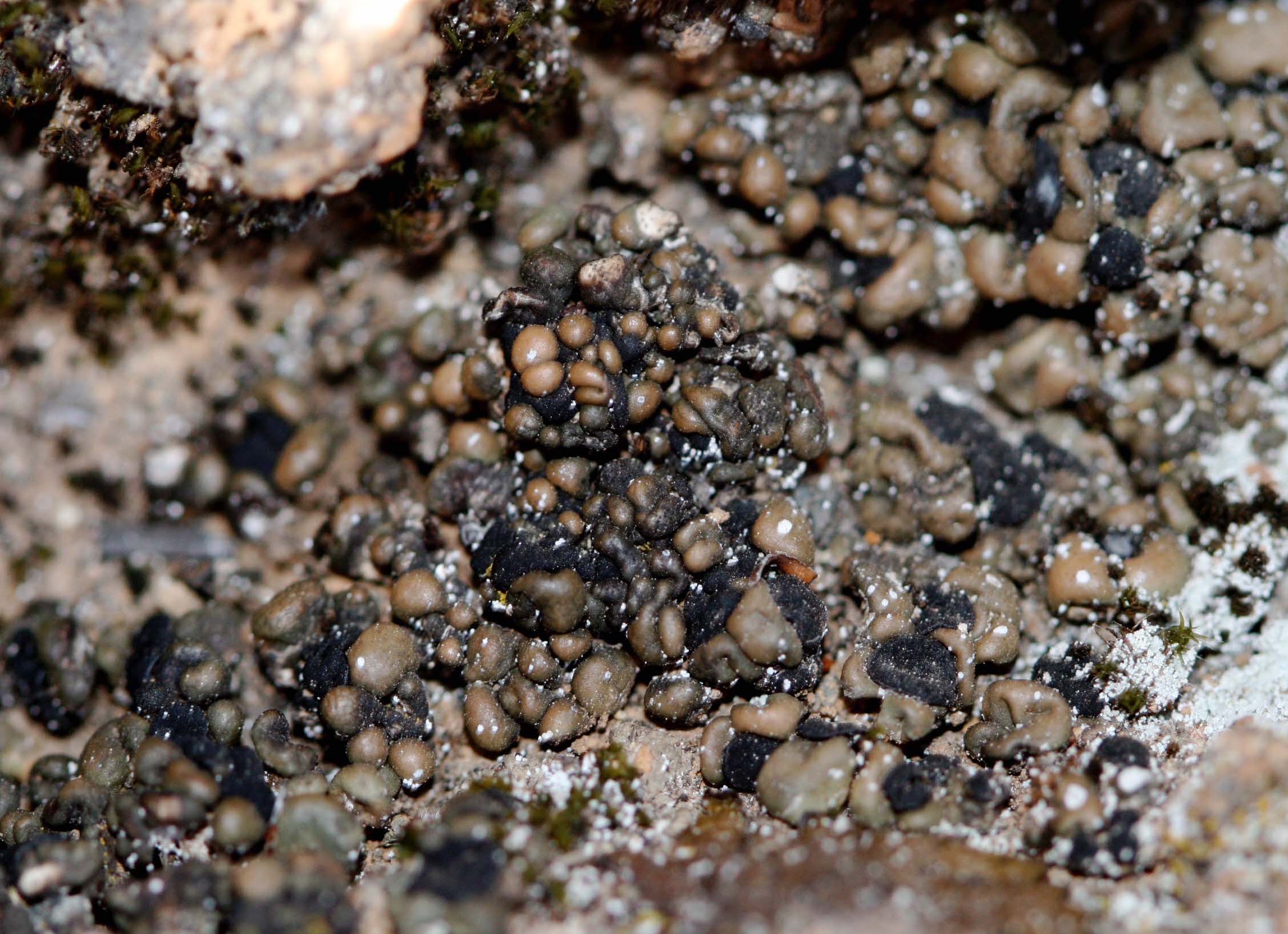
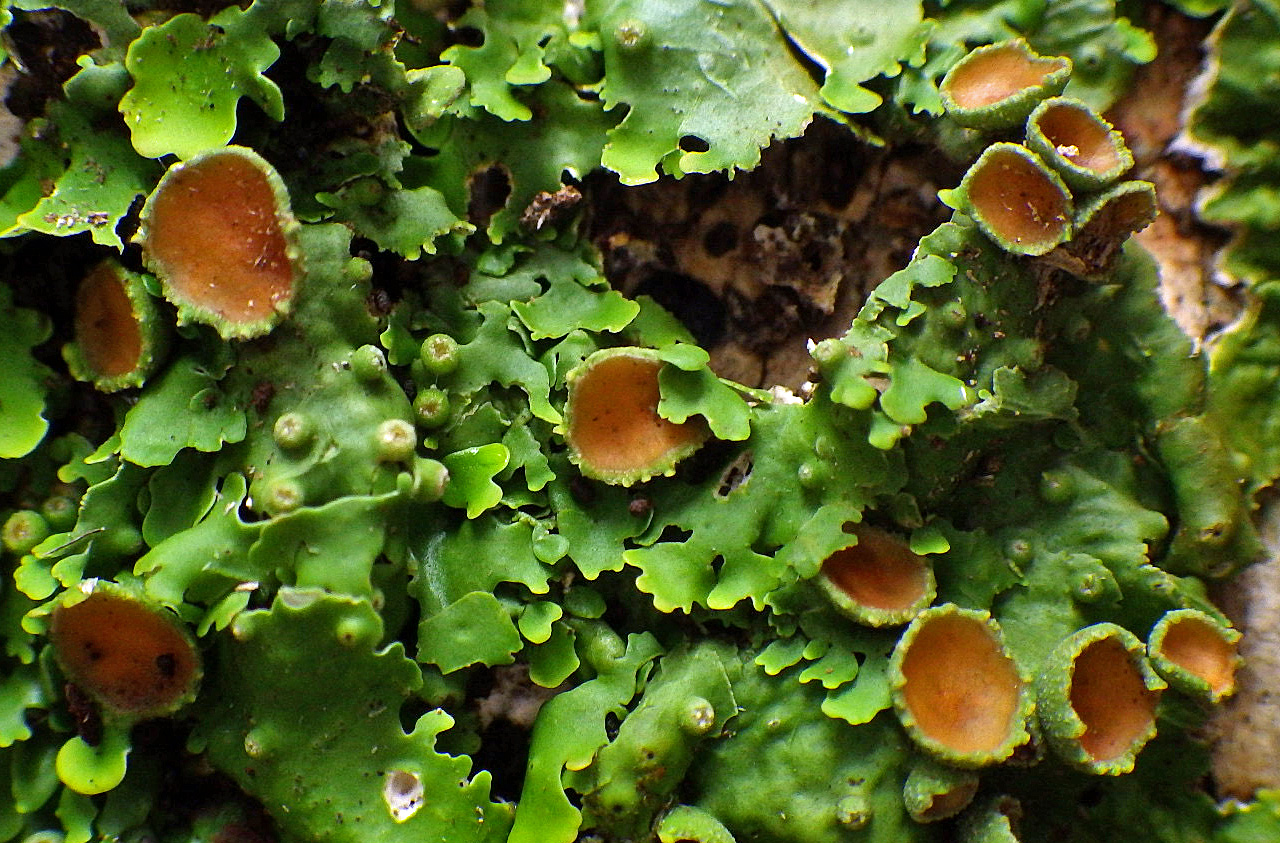
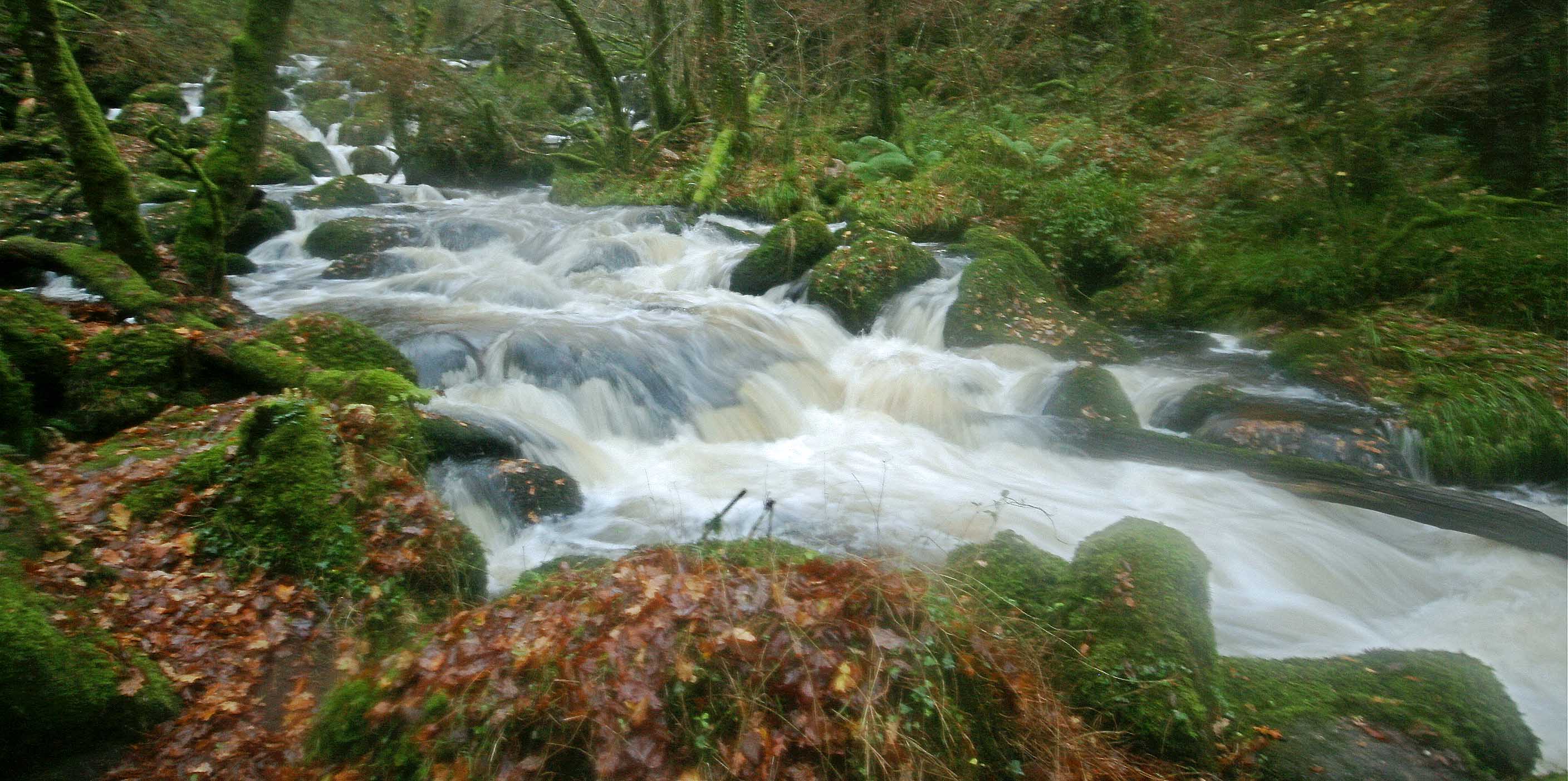
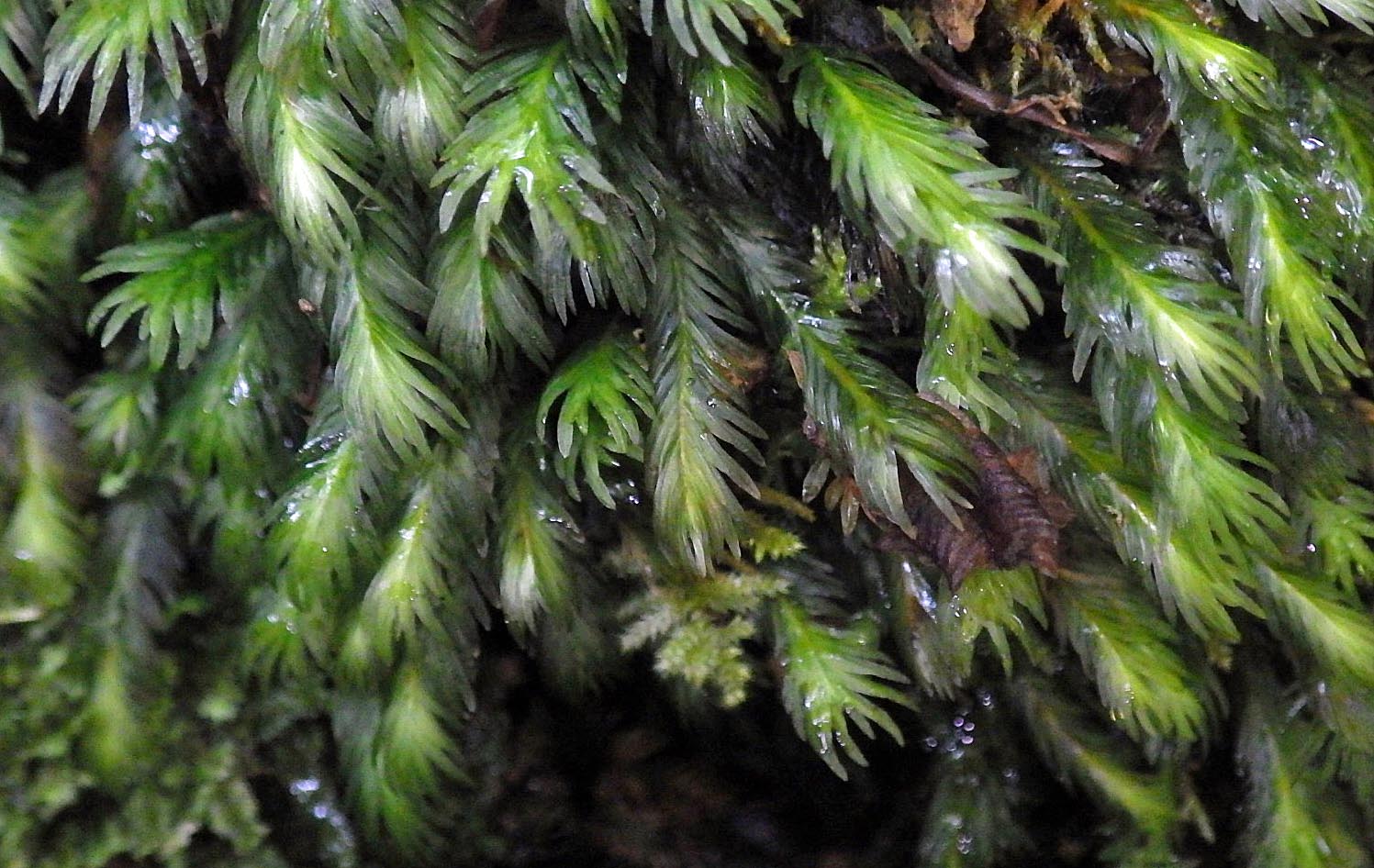
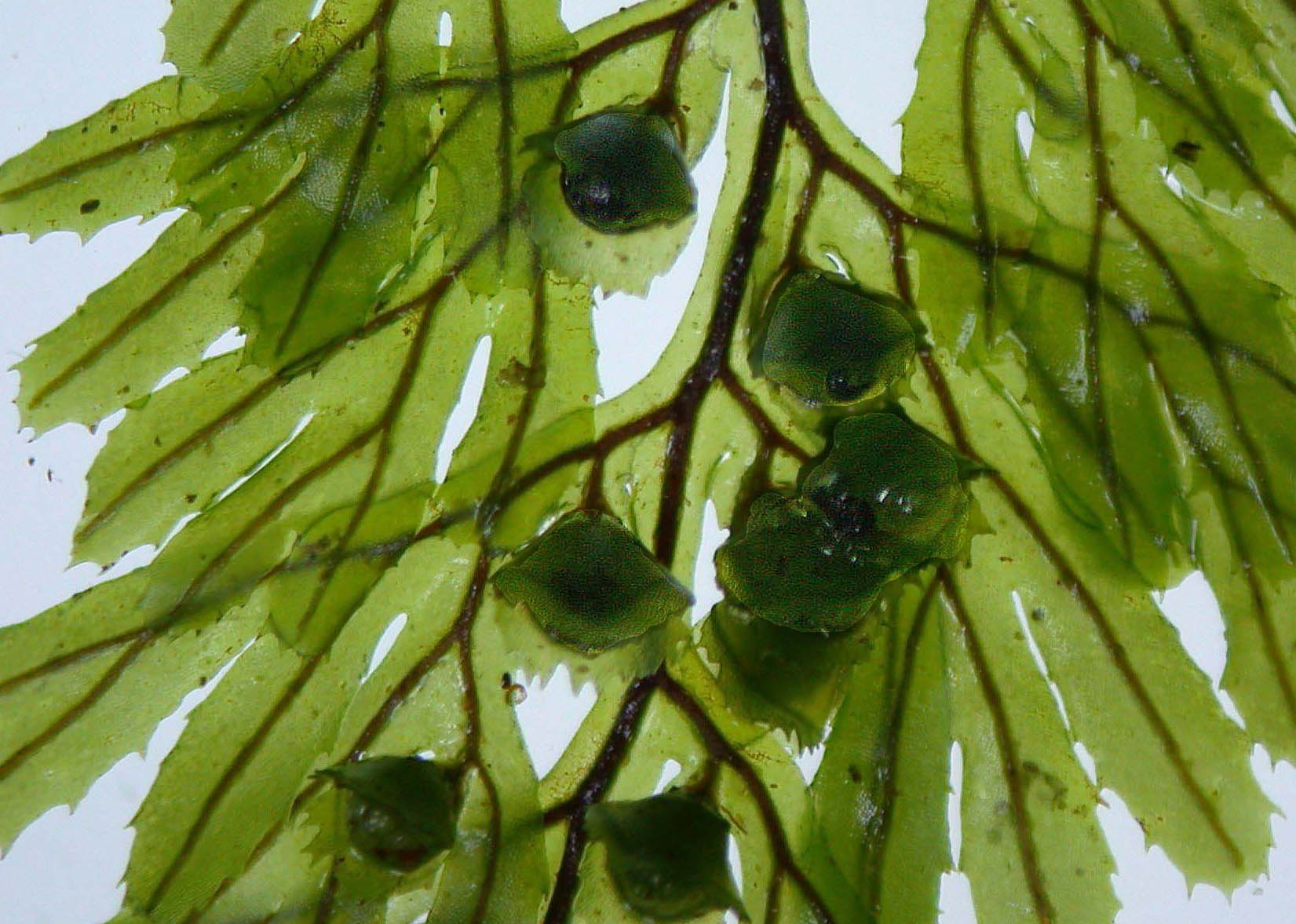
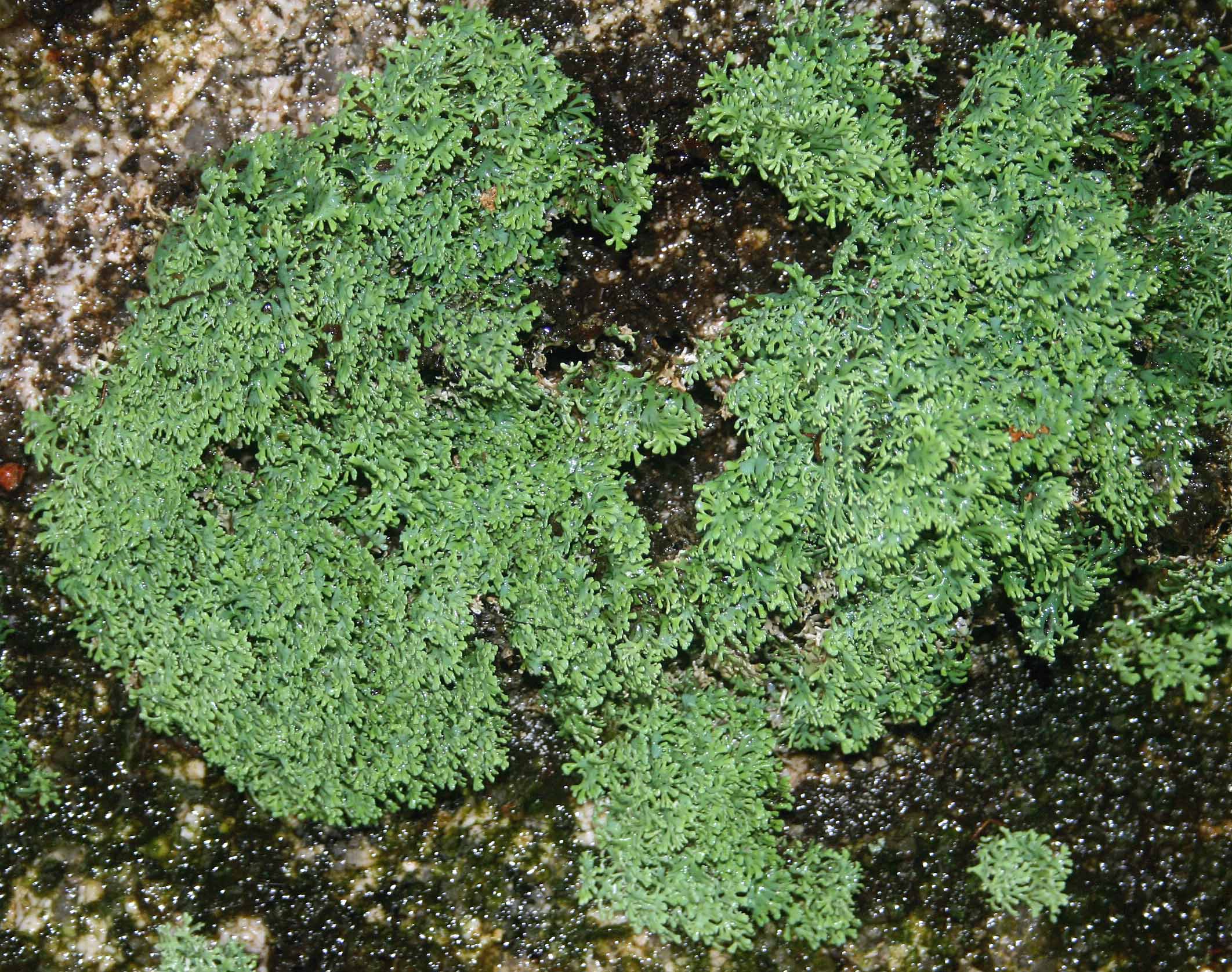
Paul's professional qualifications and accreditation
Paul is formally trained in the biology of plants and fung. He graduated with a first class honours degree in botany from the University of Bristol in 1981. Winner of a SERC quota award, he went on to gain a PhD in vascular plant systematics. He is a full member of the Chartered Institue of Ecology and Environmental Management and a Chartered Environmentalist.
Following research on economically important parasitic weeds at University College London, he became an ecological consultant in 1989, providing advice on the mitigation of civil engineering projects. He has worked for the public, private and NGO sectors snd produced SSSI condition assessments for Natural England.
Paul has studied the flora of the UK for over 40
years, covering sites from the Lizard Peninsula in Cornwall to the
Keen of Hamar in north Shetland. Currently
based in the Cotswolds, he now carries out botanical work
throughout the Country and teaches ecological impact assessment,
botany and wildlife conservation issues for the University of
Bristol. With a practical, knowledge of Spanish, he also teaches
subtropical botany in the Canary Islands (Tenerife).
Images from left: Fissidens polyphyllus, Hymenophyllum tunbrigense, Bunodophoron melanocarpum